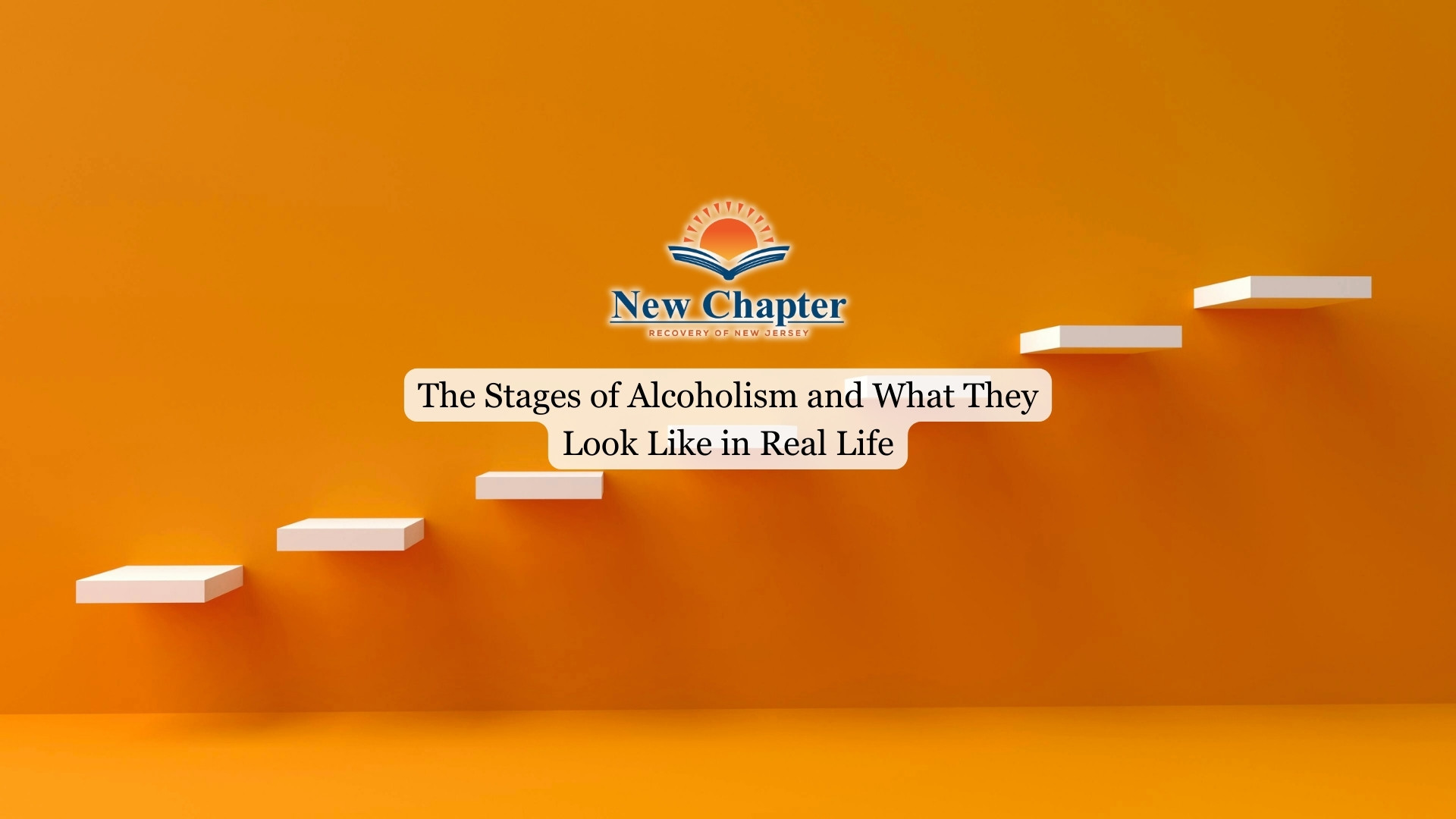AWS develops as the body adapts to the continuous presence of alcohol, which suppresses brain activity. When alcohol use is abruptly reduced or stopped, the CNS becomes hyperactive, triggering withdrawal symptoms. These symptoms can range from mild anxiety and tremors to seizures and delirium tremens, a severe and potentially fatal condition.
Alcohol withdrawal is common among individuals with alcohol use disorder, affecting up to 50% of those who suddenly stop drinking after prolonged use. The severity of symptoms depends on factors such as drinking history, overall health, and individual differences. Identifying these warning signs early can help prevent complications and ensure the person receives appropriate medical support.

Causes of Alcohol Withdrawal
When alcohol consumption is abruptly halted or significantly reduced after a period of heavy drinking, the central nervous system can experience a state of hyperactivity, resulting in alcohol withdrawal symptoms.
This phenomenon occurs due to the brain’s adaptation to the constant presence of alcohol, which acts as a suppressant on nerve messaging and overall brain function. In response to the absence of alcohol, the body strives to restore balance by increasing the activity of certain neurotransmitters.
As a result of this adjustment process, the central nervous system remains in an overactive state when alcohol is suddenly removed, leading to a variety of withdrawal symptoms. These symptoms manifest as the brain endeavors to recalibrate its chemical composition and nerve signaling patterns to function effectively without the presence of alcohol.
Symptoms of Alcohol Withdrawal
Alcohol withdrawal symptoms can vary in severity, affecting both physical and mental health. Common symptoms include tremors, headaches, anxiety, nausea, vomiting, and sweating, typically appearing within 6-12 hours after the last drink.
As withdrawal progresses, more serious symptoms like hallucinations, confusion, rapid heart rate, high blood pressure, and fever may develop. These symptoms tend to worsen over time and can lead to delirium tremens, a potentially life-threatening condition.
Delirium tremens usually manifests 48-72 hours after alcohol cessation and is characterized by vivid hallucinations, severe confusion, and agitation. Seeking medical assistance promptly is crucial if experiencing severe withdrawal symptoms. Healthcare professionals can provide necessary care to manage symptoms, prevent complications, and ensure a safe recovery.
Risk Factors for Severe Withdrawal
Several factors can contribute to the severity of alcohol withdrawal symptoms. Prolonged heavy alcohol consumption increases the likelihood of experiencing intense withdrawal effects when attempting to stop or reduce alcohol intake.
Older individuals, particularly those aged 65 and above, may face greater challenges in coping with the sudden cessation of alcohol, potentially leading to more severe symptoms.
A history of delirium tremens or withdrawal seizures during previous detox attempts raises the risk of severe complications during subsequent withdrawal episodes. Concurrent health conditions can exacerbate withdrawal symptoms, as the body is already strained from managing other illnesses.
Genetic factors may also influence the intensity of alcohol withdrawal, with some individuals genetically predisposed to experiencing more severe symptoms due to their unique genetic makeup.
Learn more about the link between genetics and alcoholism here.

Overcoming Alcohol Withdrawal with New Chapter Recovery’s Comprehensive Care
At New Chapter Recovery, we provide comprehensive support to help you safely navigate withdrawal with our alcohol addiction treatment programs in New Jersey. Our experienced medical team closely monitors your well-being, offering medication-assisted treatment when necessary to manage symptoms and prevent complications.
Our comprehensive approach integrates medical care with personalized support, creating a nurturing environment for healing and personal growth. Through individual counseling, group therapy, and holistic practices, we address the root causes of addiction and provide you with the necessary tools for long-term recovery.
You are never alone in your journey. Our caring staff and supportive community will walk alongside you, offering encouragement and hope as you overcome the challenges of alcohol withdrawal and embark on a path towards a fulfilling, alcohol-free life.
Understanding Alcohol Withdrawal Severity
Alcohol withdrawal symptoms can range from mild discomfort to severe medical emergencies, with intensity varying based on alcohol consumption history and overall health. Light to moderate drinkers may experience mild irritability, nausea, and tremors, while heavy drinkers face a higher risk of serious complications, including seizures and hallucinations.
Symptoms typically peak between 24 to 72 hours after the last drink but may persist for days or even weeks in more severe cases. Healthcare providers often assess withdrawal severity using medical evaluations, including blood tests and heart monitoring, to determine the best treatment approach. Proper medical supervision can help manage symptoms effectively and prevent dangerous complications.
Diagnosis of Alcohol Withdrawal Syndrome
Diagnosing alcohol withdrawal syndrome entails a thorough assessment of your drinking history, recent cessation, and presenting symptoms. Healthcare providers evaluate the severity of symptoms like anxiety, tremors, hallucinations, and seizures to make an accurate diagnosis. They’ll inquire about your alcohol consumption patterns, including quantity, frequency, and previous cessation attempts.
In addition to a clinical examination, blood tests may be ordered to assess overall health and rule out underlying medical conditions. An electrocardiogram (ECG) might also be conducted to evaluate heart function.
Final Thoughts From New Chapter Recovery
You now have a better understanding of the causes and symptoms associated with alcohol withdrawal. Abruptly stopping or reducing alcohol intake can lead to a range of withdrawal symptoms due to the brain’s adaptation to alcohol’s presence.
Factors like quantity and duration of alcohol use, health conditions, and genetics influence withdrawal severity. If you or someone you know is experiencing alcohol withdrawal, it’s crucial to seek medical assistance for proper diagnosis and treatment.
Frequently Asked Questions
Can alcohol withdrawal be managed at home, or is medical supervision necessary?
Mild alcohol withdrawal symptoms may be managed at home with proper hydration, rest, and nutritional support, but severe cases require medical supervision. If symptoms include hallucinations, seizures, or delirium tremens, immediate medical care is essential to prevent life-threatening complications. Consulting a healthcare provider before attempting detox is highly recommended.
Can someone relapse after experiencing alcohol withdrawal?
Relapse is common after alcohol withdrawal, especially without a structured recovery plan. Cravings, stress, and untreated underlying issues can contribute to relapse, making ongoing therapy, support groups, and lifestyle changes crucial for long-term sobriety. Engaging in aftercare programs and relapse prevention strategies significantly reduces the risk.
Does alcohol withdrawal affect sleep patterns, and how can it be managed?
Yes, alcohol withdrawal often disrupts sleep, leading to insomnia, nightmares, or frequent wake-ups due to imbalanced neurotransmitters. Sleep quality can improve over time, but practicing good sleep hygiene, staying hydrated, and engaging in relaxation techniques like meditation or deep breathing can help. In some cases, a doctor may prescribe medications to ease sleep disturbances.
Can alcohol withdrawal trigger other health conditions or worsen existing ones?
Alcohol withdrawal can exacerbate existing conditions such as anxiety, depression, heart disease, or high blood pressure due to increased stress on the body. It can also trigger seizures in individuals with a history of epilepsy or neurological disorders. Proper medical supervision is crucial to monitor complications and ensure a safer withdrawal process.






